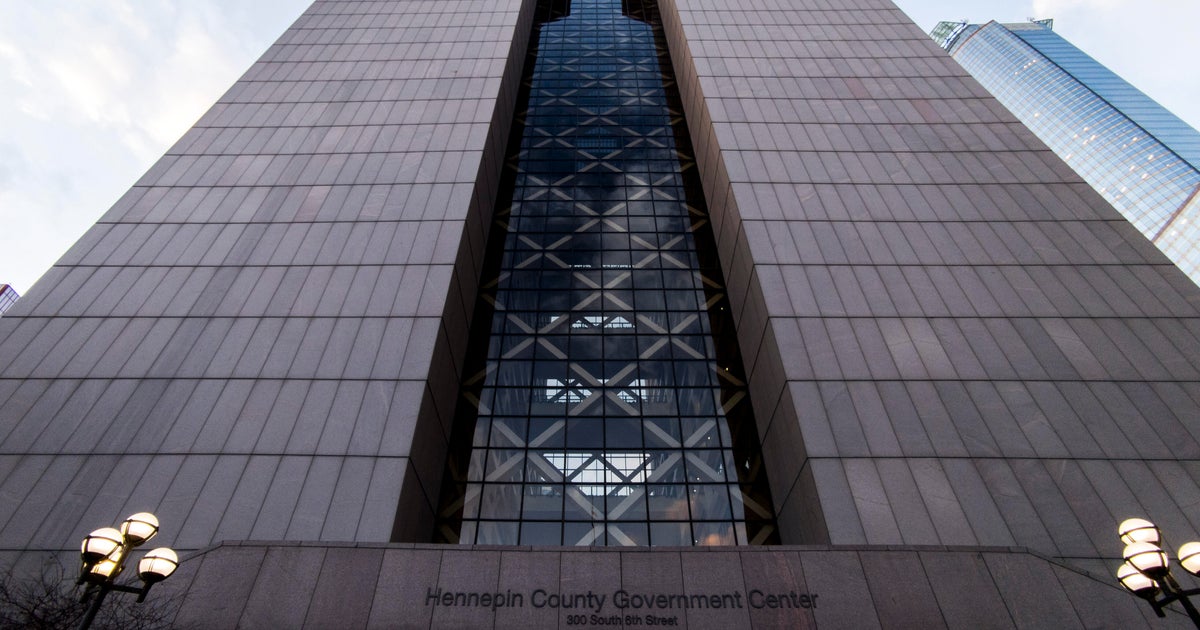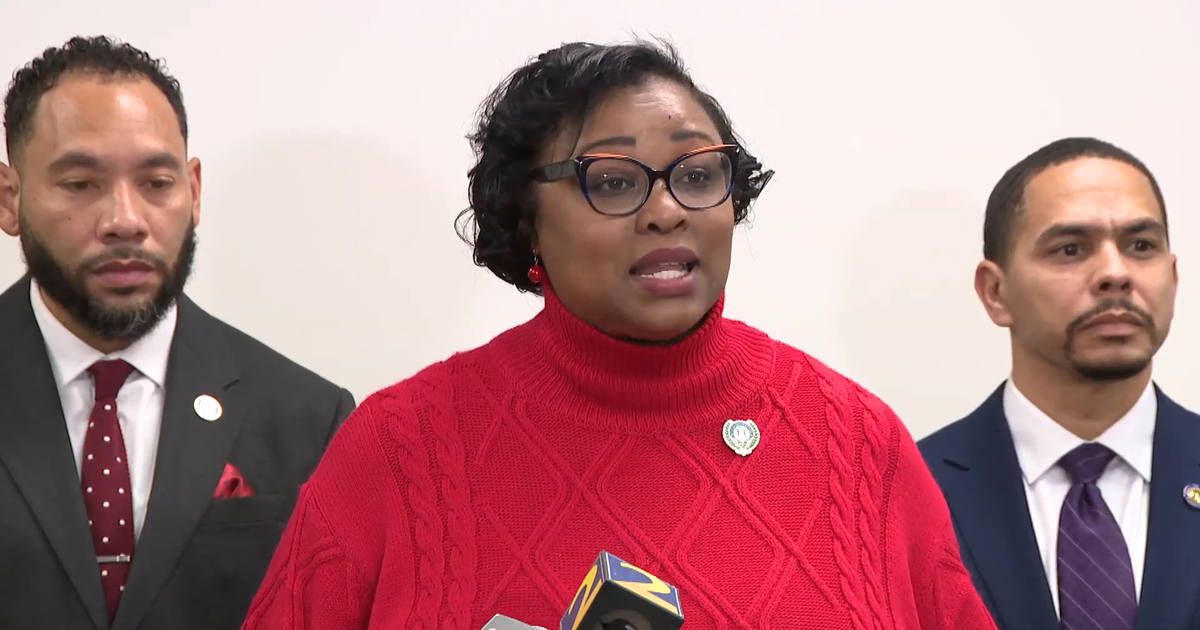Supreme Court prevents Biden administration from reinstating limits on ICE arrests
The Supreme Court on Thursday prevented the Biden administration from immediately reinstating rules that instructed U.S. deportation agents to prioritize the arrest of certain unauthorized immigrants, including those determined to pose a risk to public safety or national security.
In an unsigned order, the high court rejected a request by the administration to pause a ruling by a federal judge in Texas last month that forced the administration to stop enforcing the arrest guidelines issued by Homeland Security Secretary Alejandro Mayorkas in September 2021.
Justices Sonia Sotomayor, Ketanji Brown Jackson, Elena Kagan and Amy Coney Barrett would have granted the Biden administration's request to suspend the lower court order. The court's majority, however, decided to hear the merits of the challenge over Mayorkas' memo, setting up oral arguments in the case, known as U.S. v. Texas, during its December session.
Mayorkas' memo directed Immigration and Customs Enforcement (ICE) agents to focus on apprehending and deporting migrants deemed to threaten national security or public safety, as well as migrants who crossed a U.S. border unlawfully after November 2020.
The rules effectively exempted immigrants who have been living in the U.S. without legal permission for years from ICE arrest and deportation, as long as they did not commit serious crimes.
The Biden administration has said the policy is a proper exercise of the government's broad powers to decide which cases to prioritize, arguing the rules allow ICE to use its limited enforcement resources to arrest immigrants who pose the gravest threats to national security, public safety and border security.
But Republicans lawmakers have called the rules too restrictive, saying they fail to deter illegal immigration. In lawsuits, Republican-controlled states have also argued the guidelines violate laws that govern the detention of certain unauthorized immigrants, such as those with final deportation orders.
In March, Republican officials in Arizona, Ohio and Montana convinced a federal judge to partially block Mayorkas' memo, but that ruling was later overturned by the Cincinnati-based 6th Circuit Court of Appeals.
Last month, however, U.S. District Court Judge Drew Tipton declared Mayorkas' guidelines unlawful and set them aside, granting a request by Texas and Louisiana. The administration asked the New Orleans-based 5th Circuit Court of Appeals to pause the ruling, but the appellate court denied the request.
In its request to the Supreme Court earlier this month, the Justice Department said Tipton's order contradicted the 6th Circuit Court of Appeals' ruling. It also said Tipton's ruling was part of a broader trend of lawsuits that "enmesh the Judiciary in policy disputes between States and the federal government that should be — and, until recently, were — resolved through the democratic process."
Since January 2021, Republican-controlled states have filed more than a dozen lawsuits targeting President Biden's immigration and border policies.
Those lawsuits have led federal judges, many of them appointed by former President Donald Trump, to block the Biden administration's proposed 100-day deportation moratorium, halt earlier limits on ICE arrests and force U.S. border officials to continue expelling migrants under a public health authority.




